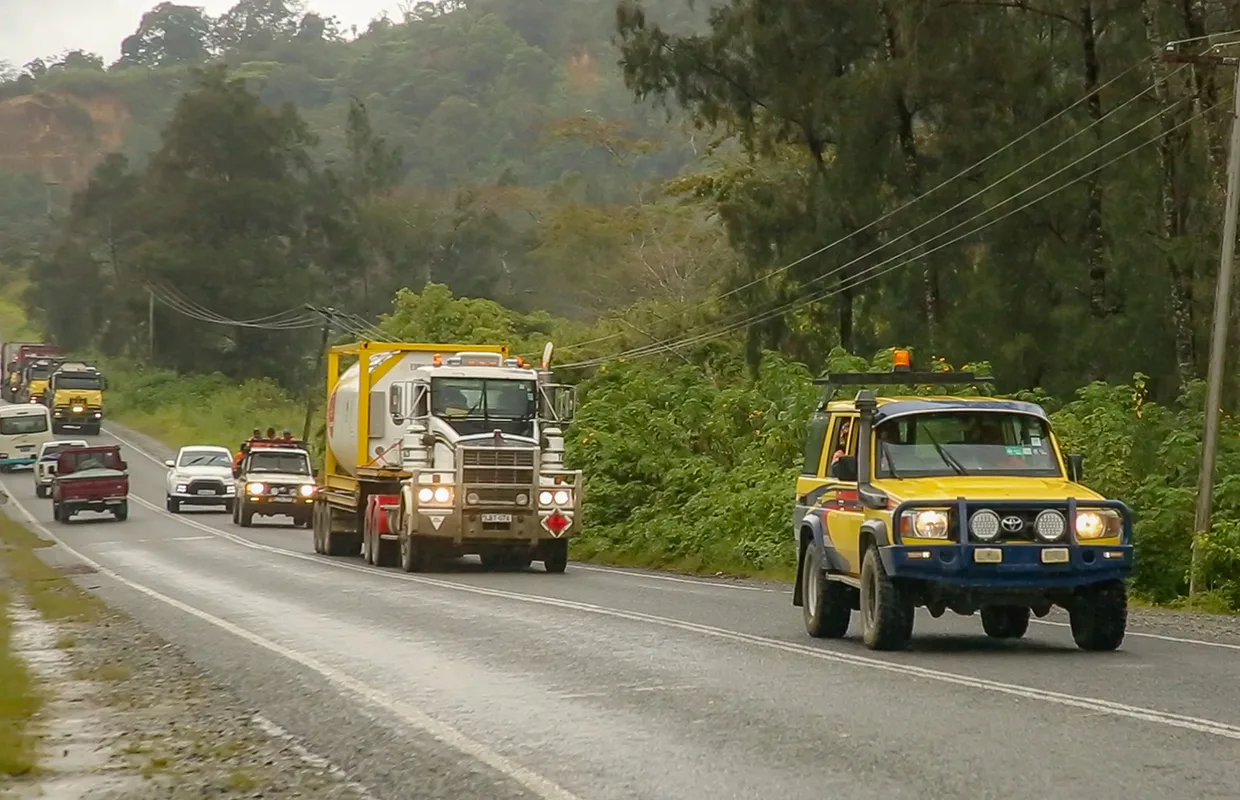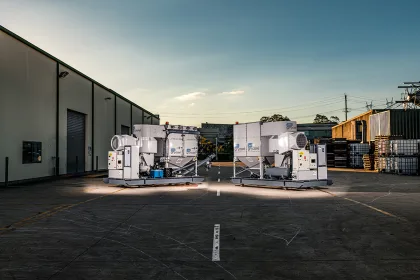In Papua New Guinea’s resource-driven economy, TWL Group is a prominent player in logistics and transportation. Managing Director, Larry Andagali, and COO, Andrew Fury, discuss the company’s commitment to fair representation and benefits for local communities.
AN EMPOWERING LOGISTICAL LEGACY
As the most populous Pacific Island country, Papua New Guinea (PNG) boasts unique topography characterised by tropical rainforests, breathtaking highland peaks, and unspoiled coastlines, harbouring much of the world’s biodiversity.
However, PNG is more than an ecological treasure; it is rich in resources such as gold, copper, crude oil, and natural gas, which play a significant role in the country’s economy.
TWL Group (TWL), a world-class logistics services provider based in PNG, has an illustrious and storied history in the country, with its name inspired by the tale of a true Indiana Jones-type adventurer.
In 1936, Jack Hides embarked on an expedition into the heart of PNG, discovering the people of Hela Province living in hidden mountain valleys after assuming that only the coastal areas were inhabited.
Hides observed that the local population in the province lived in an advanced state of subsistence, with farming as a prevalent way of life, and consequently named the area Papuan Wonderland.
“We inherited the Trans Wonderland Limited name from our shareholders as it unites everyone,” introduces Larry Andagali, Managing Director.
Established in 2009, TWL’s founding contract was a USD$192 million transportation undertaking for ExxonMobil as part of the PNG Liquefied Natural Gas (LNG) project.
It is one of the largest landowner companies in the PNG LNG project area, encompassing seven petroleum development licenses (PDLs) and a range of associated pipeline, hydrocarbon processional, and operational facilities.
“The PNG LNG project touched many people on the wellhead, pipeline, and land where road access was built and the airfield was constructed,” Andagali adds.
“We created sustainable business for these people beyond the PNG LNG project construction phase.”
Andagali aimed to ensure fair representation and benefits for everyone in the project area, bringing them all on board for the journey.
Under his astute leadership, TWL has become one of PNG’s major transportation and logistics companies.
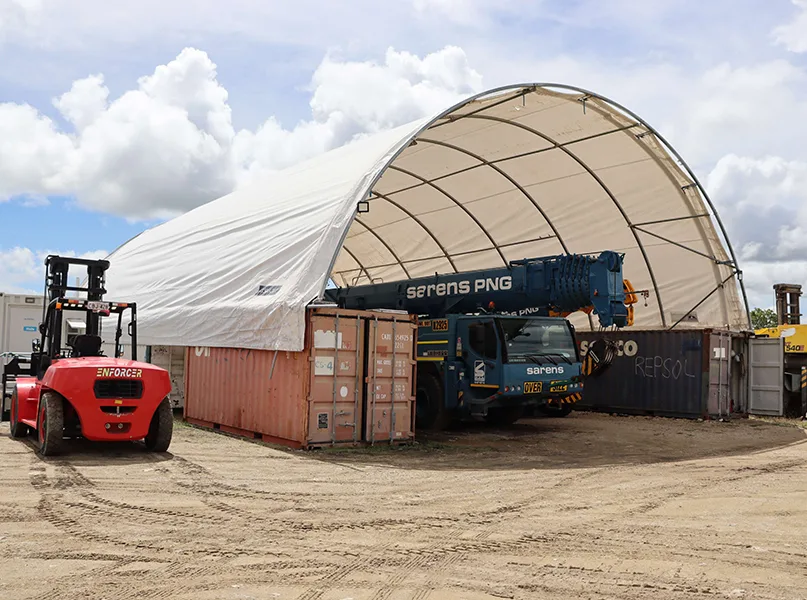
SIX DIVISIONS, ONE VISION
TWL comprises several divisions, including TWL Trucking, TWL Energy Ventures, and Argo Marine (formerly TWL Logistics).
TWL Data, meanwhile, was established in 2014 and operates a Cessna Caravan aircraft equipped with a light detection and ranging (LiDAR) camera for geospatial surveys in various regions, including PNG, Australia, Guam, Indonesia, and New Zealand.
The division primarily serves power line companies as well as government agencies and defence operations in Australia and the US.
Lastly, the TWL Fuels division was recently formed in mid-2021 and deals in the wholesale supply and distribution of petroleum products.
“We are also developing a new division, TWL Supply Chain Solutions, which will expand beyond trucking into warehousing, freight forwarding, and customs clearance,” informs Andrew Fury, COO.
Alongside its numerous divisions, TWL formed PenTrans in 2022, a joint venture company (JVC) with Pentagon Freight Services to support the PNG operations of global energy company Santos.
Sarens PNG, another JVC with crane rental services, heavy lifting, and engineered transport leader Sarens, specialises in heavy lifting and transport solutions.
TWL believes that diversification is not only the key to growth, but crucial to building a lasting legacy.
“We’ve diversified our integration strategies, focused on vertical integration to maintain our supply chain, and identified opportunities in warehousing and laydown services,” states Fury.
Third-party logistics (3PL) and fourth-party logistics (4PL) are essential for many clients seeking end-to-end solutions as TWL aims to be an integrated transport and logistics business.
“Our vision is to be PNG’s most respected transport and logistics company, with a long-term growth plan to expand into the broader region,” Fury shares.
“We were fortunate to establish strong contracts with Santos and ExxonMobil, which helped us create a solid foundation.
“We plan to expand beyond oil and gas into other areas such as mining, fuel transport, local trucking, and food distribution. This reflects our strategy of diversifying our services and industries,” he affirms.
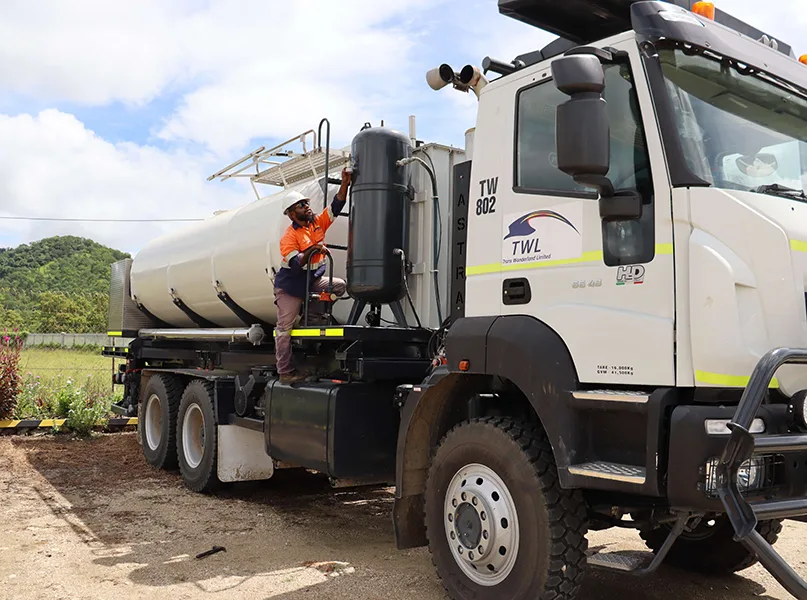
ADVANCING WITH ACQUISITIONS
TWL emphasises that the quickest way for a company to significantly grow is through acquisitions, as organic growth is a much slower process and takes time and effort in a different way.
“We have done a half measure of snapping up other businesses by identifying international partners such as Pentagon Freight Services and Sarens, with whom we have developed great relationships. That is why we are still in the logistics business.
“It isn’t just a monetary gain – it’s knowledge and understanding of the different aspects of the industry. Our growth strategy is to look at acquisitions at some point in the future simply because we will need to,” Fury explains.
TWL’s tactic has been to partner with like-minded international businesses willing to impart knowledge and intellectual property to train young Papua New Guineans to be first-class operators in the logistics field.
“Larry’s philosophy has always been a 50-50 partnership – contribute, benefit, and lose equally. Business is simple, and that’s how we make money – we share,” Fury reveals.
By creating a transparent and honest environment, TWL values its partnerships and hopes for a long-term footprint rather than completing projects and leaving.
“We build in-country infrastructure where skills and expertise are passed on and developed. This is what we should be doing for our young Papua New Guineans, particularly in the extractive industries.
“That’s where PNG is right now; it’s similar to Arabian countries regarding its oil reserves. They’ve developed technology and knowledge because that’s their commodity and are extracting the maximum value from it,” Fury acknowledges.
In the long term, building a legacy business for PNG is the key to using fewer imported companies to conduct high-end technical work, such as drilling within the oil and gas and underground mining industries.
As a 100 percent PNG company, TWL wants people to maximise gains from the reserves that are beneath their feet daily.
“Indeed, other businesses within PNG are doing likewise, but when dealing with international partners, we ask how they can help us develop the next project and how much benefit we can derive from it,” clarifies Fury.
TWL believes that developing its local capabilities to achieve 100 percent of project requirements without relying on companies overseas is an attainable goal.
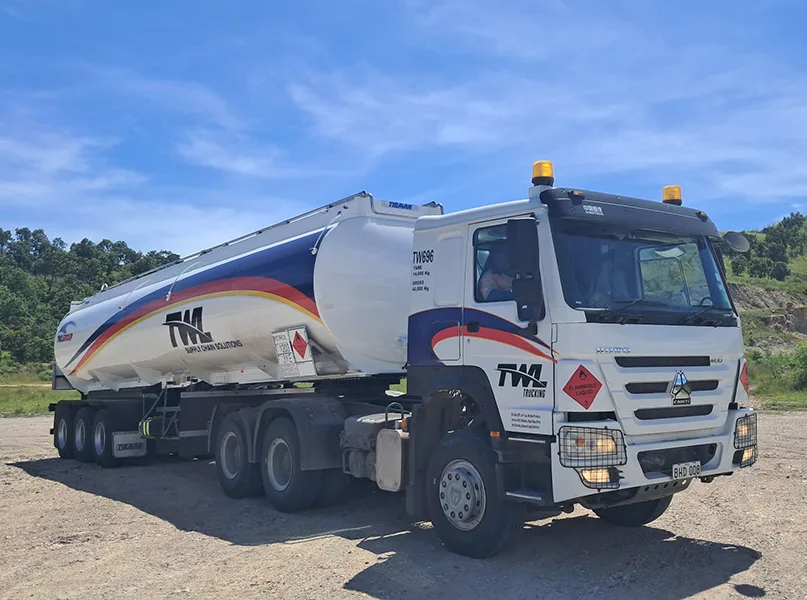
GENERATING A BETTER FUTURE
To support TWL’s operations, the company continues to develop its infrastructure covering sites in Lae, Goroka, Mount Hagen, Tari, Moro, and Port Moreseby.
“We are expanding our footprint and improving our depots, workshop, offices, and facilities for our drivers. Their accommodation is also very important to us; they must eat and sleep properly before departing on another journey, so that is an area of focus,” notes Andagali.
In PNG’s capital, Port Moresby, the company is building warehousing infrastructure, including a permanent home for its expanding operations.
“We also have an oil field and a gas field – that’s around 2.6 trillion cubic feet (cbft) and 74 million barrels of condensate still stranded in the Western Province, which we are trying to develop,” Andagali discloses.
Discussions are also being held on small-scale LNG to replace diesel usage at the Ok Tedi Mine.
“400 billion cbft of gas will be supplied to the OK Tedi Mine, an opportunity to embark on a very interesting project,” he continues.
Another vital project for TWL is the Stanley gas field in the Western Province, with the PDL 10 aiding the development of the PNG domestic gas market.
LNG can be supplied to generate power for coastal centres to create cleaner and cheaper energy.
“We are in discussions with PNG Power, which supplies diesel for the coastal centres, as we want to replace all the diesel generators with more cost-effective LNG ones,” Andagali divulges.
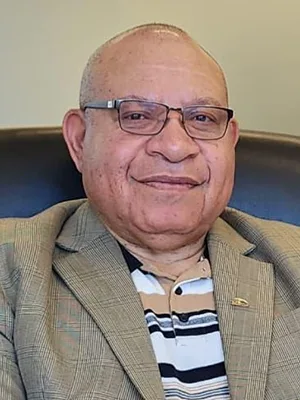
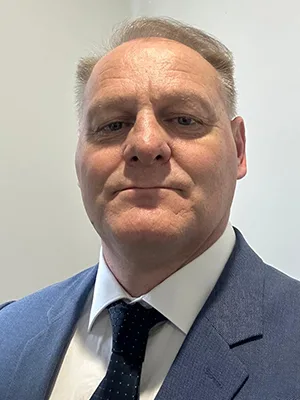
TWL is also collaborating with PNG’s national oil company, Kumul Petroleum, and international partners.
“We are open to developing our stranded gas fields, which we own. This will strengthen our position with our international partners, particularly with Sarens, whom we work closely with. Continuing to develop the capabilities between the two companies is important to us as we want a seamless transition,” announces Andagali.
In light of the upcoming Wafi-Golpu project, the expansion of ExxonMobil and Santos’ PNG operations, and the development of other oil and gas fields in the Western Province, implementing 3PL and 4PL models is critical for the company to enhance its in-house capabilities.
“Building infrastructure for our network, including warehouses to support our expansion into 3PL solutions, is critical for our growth strategy. We have a new racking system coming from Australia for our warehouse in Lae, which will allow greater flexibility in storing our clients’ cargo and is a change of strategy for TWL. From an operational perspective, that’s where our priorities lie,” Fury concludes.
TWL GROUP PARTNER




